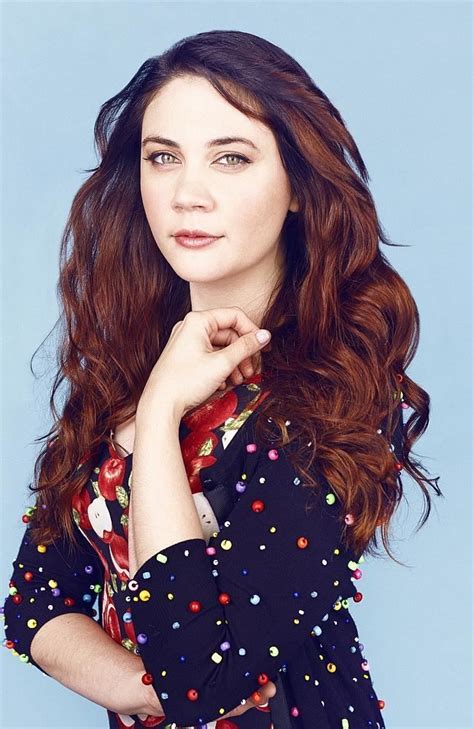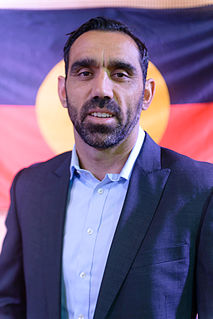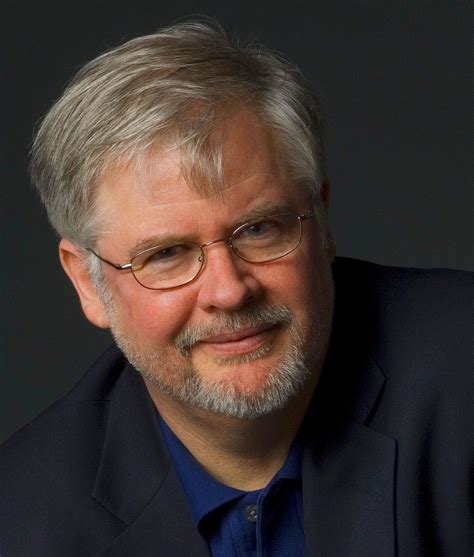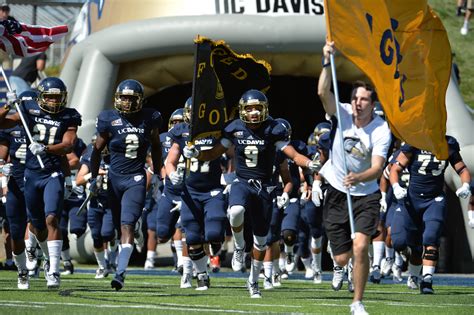A Quote by Shari Sebbens
A lot of my identity as an Aboriginal person is about family.
Quote Topics
Related Quotes
Give up the idea of being a person, that is all. You need not become what you are anyhow. There is the identity of what you are and there is the person superimposed on it. All you know is the person, the identity - which is not a person - you do not know, for you never doubted, never asked yourself the crucial question: 'Who am I?'
My family came to Australia on the First Fleet. My family’s been in that country for a long time, over 100 years. If your family’s lived in Australia for a long time, everyone has a little bit of [Aborigine blood]. I know my family does because we have an eye condition that only Aboriginal people have.
When it comes to identity, that was an issue that plagued me for a lot of my life. It's something that I wanted to tap into. Film can really take you to other places, and sometimes that's necessary to understand your own identity or someone else's identity or just the issue of identity, in general. It takes you. It's borderless. It's boundless. It's universal.
Why would one's identity be a matter of feelings? I think that that's a misuse of terms, philosophically. Identity is mind independent. It's something that is objective, regardless of how you feel. So, the term gender identity seems to me to be something of an oxymoron. It's not really about one's identity. It's rather a matter of one's self-perception or one's feelings about oneself.
The identity of just one thing, the "clash of civilization" view that you're a Muslim or a Hindu or a Buddhist or a Christian, I think that's such a limited way of seeing humanity, and schools have the opportunity to bring out the fact that we have hundreds of identities. We have our national identity. We have our cultural identity, linguistic identity, religious identity. Yes, cultural identity, professional identity, all kinds of ways.
Lunatics are similar to designated hitters. Often an entire family is crazy, but since an entire family can't go into the hospital, one person is designated as crazy and goes inside. Then, depending on how the rest of the family is feeling that person is kept inside or snatched out, to prove something about the family's mental health.
What does it mean to be an American today? The question of that is always pointing at now. It allows someone to say what lens that will be through. A lot of my work has been about identity in different ways. Part of that for me falls into the question of gender identity certainly but also about what it means to be an American theater artist.



































